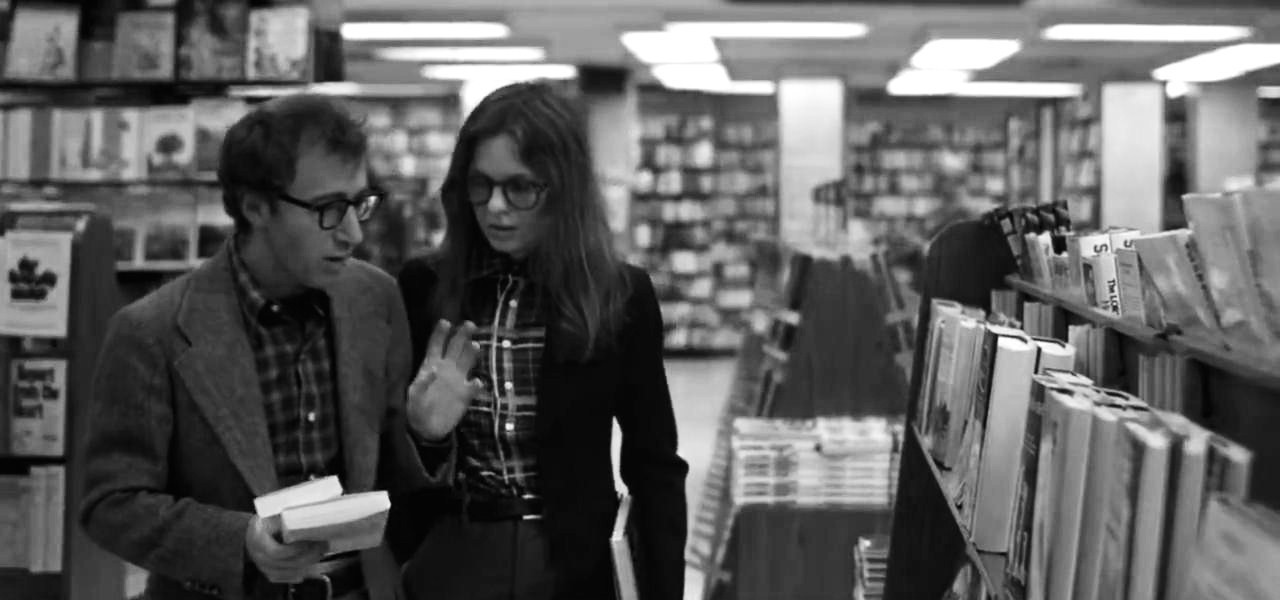For nearly as long as films have been made, movies have been influenced by Jewish characters, themes and plots, as well as by Jewish directors, actors, and especially, executives and producers. Jews played–and continue to play–a pivotal role in the Hollywood movie studios, while Jews and Judaism have appeared in films in different ways and degrees throughout the history of film.
American-Jewish Film
The presences of Jewish characters and themes in American films has, in many ways, mirrored Jews’ place in American society. When Jews were alienated from American society, prior to World War I, their presence in film was minimal. As Jews became acculturated into American society and grappled with issues such as anti-Semitism, assimilation, maintaining identity, and the Holocaust, those themes were reflected in film.
The first “talkie”–The Jazz Singer–told the story of a cantor’s son finding success on Broadway despite his parents’ objections. But it was not until after World War II that Jews and Jewish themes fully entered mainstream American cinema. The 1940s, ’50s, and ’60s saw films dealing with anti-Semitism (Gentleman’s Agreement and Crossfire); the Holocaust (Trial at Nuremberg); and Israel (Exodus).
The ’70s and ’80s saw dramatic increases in Jewish-themed films, with Jewish filmmakers like Woody Allen, Mel Brooks, and Steven Spielberg achieving great success. By the 1990s, Jewish-themed films were regularly winning Academy Awards; most of them were Holocaust-related, such as Schindler’s List (which won Best Picture).

Help us keep Jewish knowledge accessible to millions of people around the world.
Your donation to My Jewish Learning fuels endless journeys of Jewish discovery. With your help, My Jewish Learning can continue to provide nonstop opportunities for learning, connection and growth.
The 1980s and ’90s also saw the growth in popularity of Jewish film festivals. The first was held in San Francisco, but within a few years even many cities with small Jewish communities–in America and abroad–were holding Jewish film festivals.
Israeli Film
The first movie filmed in the land of Israel was one of the first motion pictures ever made: Train Station in Jerusalem was filmed in 1896, when the land was under Ottoman control. Nearly 40 years later, the first feature-length Hebrew film, Oded the Wanderer, was released. Like most films that would be made during that time, the film focused on the land and the Zionist endeavor. In the early years of statehood, the heroics of Israeli pioneers and the army also figured prominently in film.
Starting in the 1960s, Israeli cinema began to branch out more, with increasing numbers of comedies and farces produced. Politics and conflict were–and remain–a constant presence in Israeli films, though in recent years many films have challenged Israeli policy and the standard Zionist narration of Israeli history. As Israeli society deals with the conflict with the Palestinians, the place of Arabs in Israeli society, and intra-Jewish ethnic tensions, Israeli filmmakers have presented these themes on the big screen.



